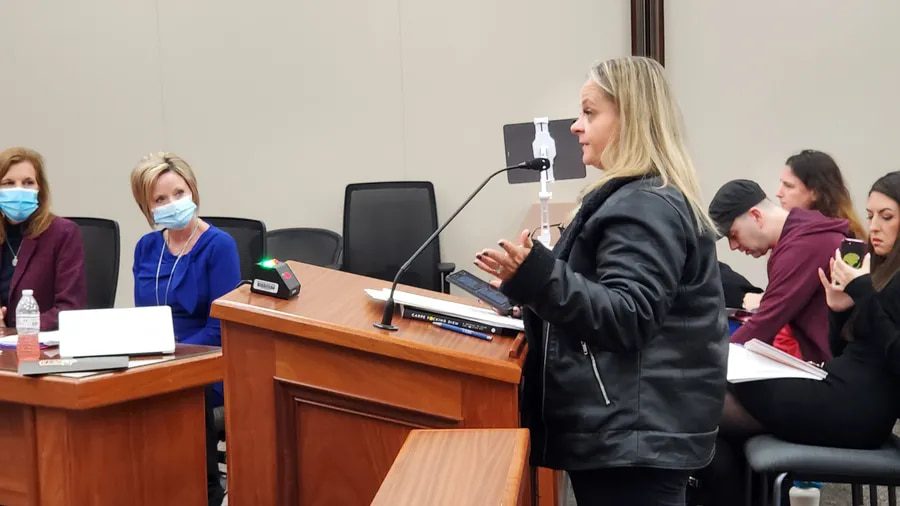
Pasco school district to change reassignment policy after parent lawsuit
Several other Florida school districts have similar policies that prevent parents from challenging the reassignments of their kids to other schools.
Tampa Bay Times | By Jeffrey S. Solochek | September 20, 2022
LAND O’LAKES — Kurt Browning has reassigned a student to a different school without allowing the parent to challenge the move just once in his 10 years as Pasco County schools superintendent.
He and his successors might never get the chance again, giving pause to other districts that have similar policies, such as Pinellas and Hillsborough counties.
The single instance in early 2022 landed Browning and the district in federal court this summer, with the affected family claiming the district had violated its rights to due process and free speech. As part of a negotiated settlement, which allowed two children to return to Cypress Creek High, the district is preparing to rewrite its rules to include an appeal procedure for students reassigned for non-disciplinary reasons.
The Pasco County mom who decided to fight the rule said schools need to remember parents’ rights and the role of government to serve the public. Rebecca Yuengling also took her message to conservative media outlets such as Daily Caller and The Epoch Times, which have given her situation national attention.
“It’s a shame we had to go to a federal judge to have our constitutional rights followed,” said Yuengling, whose daughter was told she could not attend Cypress Creek High in January because Yuengling — not the girl — had harassed teachers and disrupted operations of the 1,700-student campus.
Yuengling’s son, who was in eighth grade at the time, also was barred from attending the high school in the fall.
Browning insisted that the problems Yuengling caused for Cypress Creek High were severe enough to warrant his decision. With the policy as written, he said, his options were few.
Yuengling repeatedly argued with and challenged staff members, but contended that her child should not be disciplined for her behavior. She also complained that Browning left her no recourse butcourt to seek a reversal of his move, suggesting students accused of violent behavior were treated better.
According to the district, the family asked for the School Board to review its case, which isn’t part of district policy. It did not request an independent hearing officer to look at the situation, as provided in the student code of conduct.
During a hearing on the family’s motion for a temporary restraining order, U.S. DistrictJudge Mary Scriven made clear she had similar reservations with the policy, Browning said. She encouraged the sides to work out their differences through mediation, which concluded in late August.
Upon reflection, Browning said he didn’t disagree. “There needs to be an appeal process,” he said, stressing his view that officials who are elected, rather than appointed, should have final say.
The staff is working on a proposal to bring to the School Board as soon as possible. Board members, who are responsible for setting all district policy, said they would welcome recommendations.
Vice chairperson Megan Harding said the policy needs to give the board a way to differentiate between the actions of a student and those of their parents. Harding said it also should establish a way for challenges to come to the board for review.
“I have asked to look at the language of it,” Harding said.
When she brought the policy forward during a July workshop, though, Harding and her colleagues did not articulate the type of revision they desired. Browning told the board his team would follow its direction, but members reached no consensus.
Community members who had been calling for change expressed disbelief.
“I just have to say, wow. I’m disappointed,” said Michelle Mandarin, who has one child in the district. “Not one of you has mentioned the actual issue at hand: It was used to displace a student from one school to another because of her mother.”
Mandarin said parents who saw this happen feared speaking out about their concerns with their schools.
Since filing her suit, Yuengling said she has heard from more parents who share her viewpoint. Though her request for a temporary injunction was dismissed as moot, she said she intended to keep fighting the issue in search of an order asserting parental rights in the public schools.
“I plan to continue in court,” Yuengling said, “and I will be amending (the case) to add more people to the complaint.”





